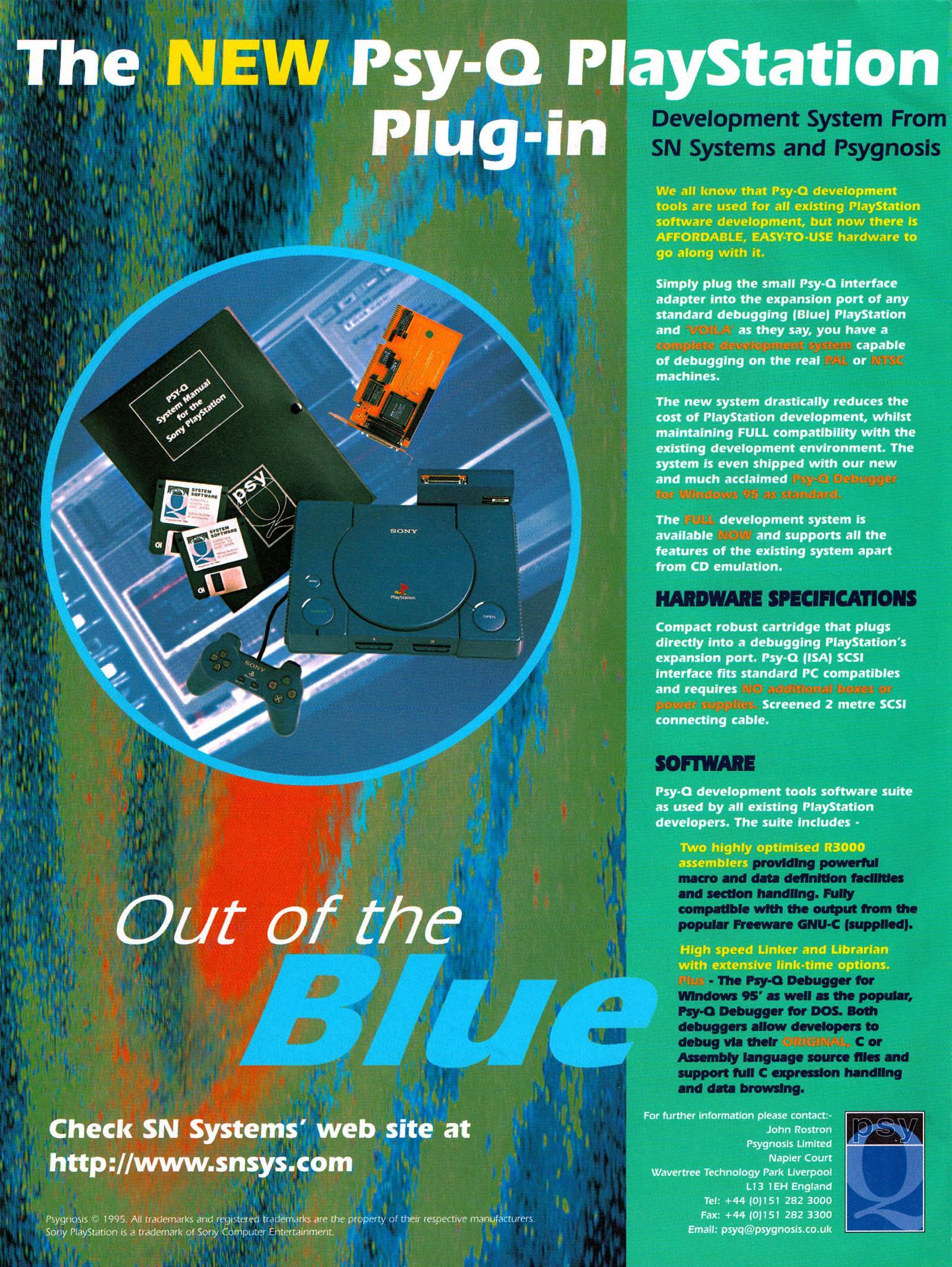It's funny because things had progressed to that since the 80's and 90's, at least in the west. Back in the 80's and 90's, bedroom coders was a large part of the porting force for western computers. Then you look at companies like Sega in the early 90's who were very interested in publishing small studios (like, famously, Toejam & Earl). Granted, this was all basically exploitation, not really a happy symbiotic relationship, but that period where breaking through to retail game publishing got hard was actually a historical anomaly.
Of course, on the PC side of things, indie games have always existed. I remember downloading and playing things like "Catch...if you can" from BBSes in the mid 90's. One of my favorite "indies" of all time was an impressive double-dragon style party fighting game called Little Fighter 2:
It's pretty crazy how restrictive gaming became in the 00s when you think about it.
Granted things escalated in complexity at the time but stories like people porting "flagship games" to another platform was pretty rare then when you had a cottage industry making Megaman for DOS and way back when.
I lived in France back then and I feel like it was a real barrier to get anything done when I couldn't find the proper documentation to even learn stuffs.
It didn't help that the 00s weren't exactly awesome for the French gaming industry as a whole, a lot of closures and failures.
But you're right smaller dev studios were indeed very present even in the 00s, Ambrosia Software was known for publishing games made from very small teams.
I was all in on Escape Velocity Nova myself, the guy behind the game was really just doing that on his free time and Nova was the last one because he couldn't justify the workload and family had to come 1st.
And I just learned that Ambrosia closed 3 months ago and I'm unbelievably sad now :/
Seriously though for budding devs, there's no better time than now.
More platforms are documented than ever, tools can be found and it's not impossible to make something working on original hardware (in a reasonable timeframe) even without official support!
I didn't say before but congrats on the Saturn dev kit, that's quite the find!
e:also little fighter 2 looks great, I kinda wish I played that too lol









